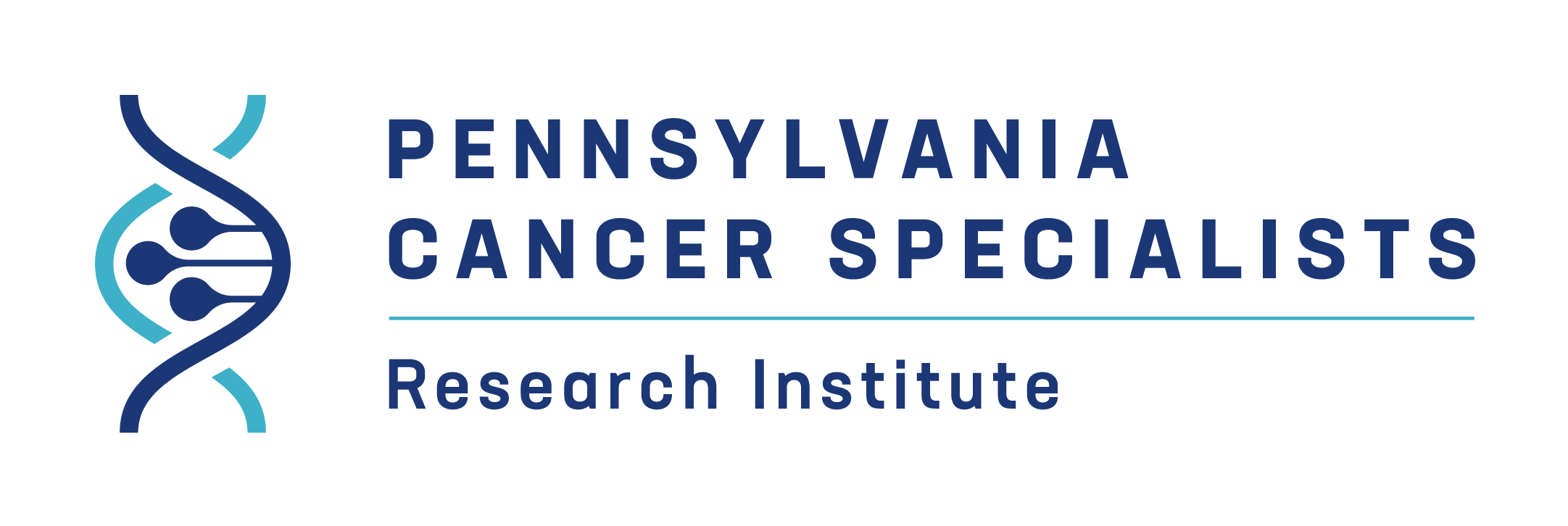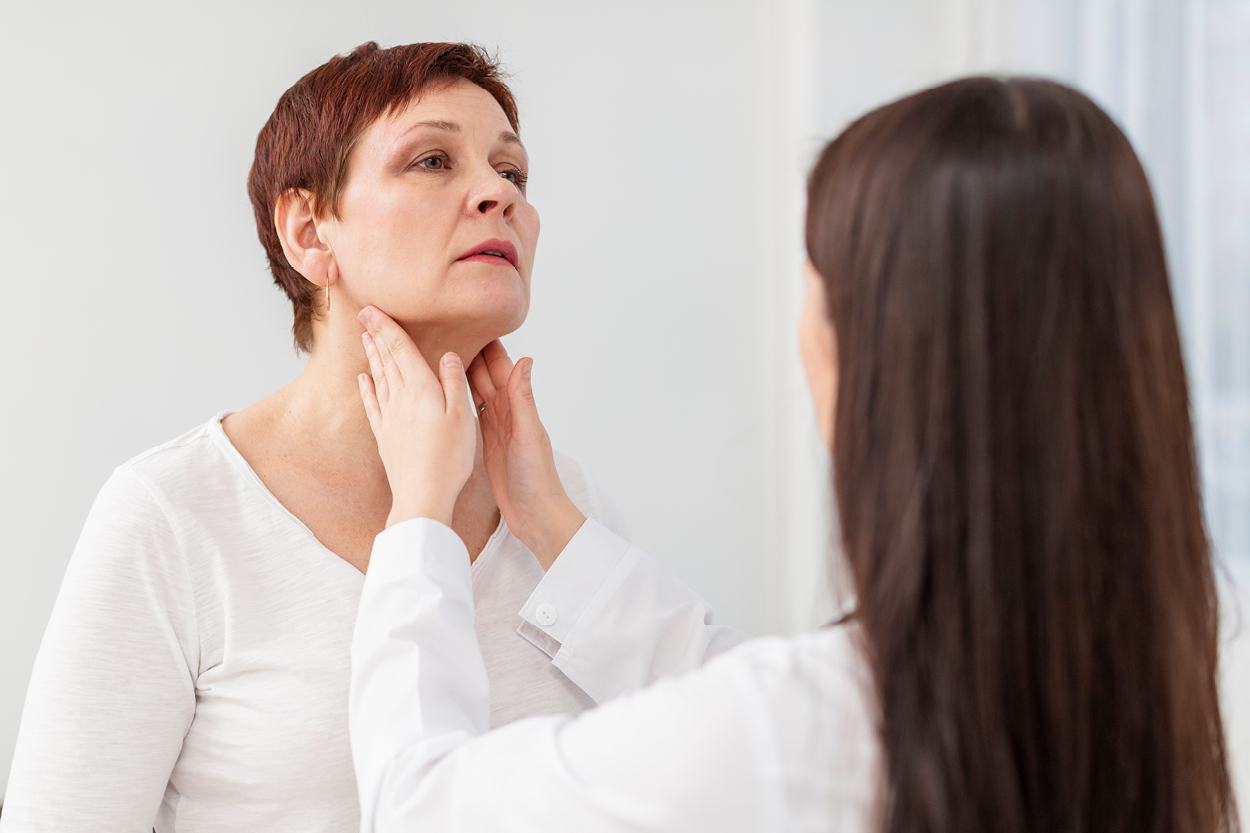What Women Should Know: All About Thyroid Cancer
Did you know that women are three to four times more likely to develop thyroid cancer than men? This significant difference makes understanding thyroid cancer particularly important for women's health awareness.
The thyroid, a small butterfly-shaped gland located at the base of your neck, plays a significant role in regulating your body's metabolism, heart rate, and temperature. When cancer develops in this gland, it can affect these essential functions and require prompt medical attention.
Women face a higher risk of thyroid cancer throughout their lives, with peak incidence occurring between ages 30 and 50. This increased susceptibility appears to be linked to hormonal factors, particularly estrogen. During periods of hormonal change, such as pregnancy, menopause, or while taking hormone replacement therapy, women may face elevated risks.
The symptoms of thyroid cancer can be subtle and often develop gradually. Many women first notice a lump or swelling in their necks. Other warning signs include persistent hoarseness, difficulty swallowing, unexplained throat pain, and swollen lymph nodes in the neck area.
Several risk factors beyond gender can increase a woman's likelihood of developing thyroid cancer. A family history of thyroid disease or certain genetic conditions can significantly elevate the risk. Previous radiation exposure, particularly during childhood, represents another important factor. Women who have had previous thyroid problems, such as goiter or benign thyroid nodules, should maintain regular monitoring with their healthcare providers.
Early detection significantly improves treatment outcomes for thyroid cancer. Regular neck self-examinations can help women identify potential problems early. It is recommended that women perform these checks monthly, feeling for any unusual lumps, bumps, or swelling in the neck area. Additionally, routine physical examinations should include thyroid assessment, particularly for women with risk factors.
Understanding your personal risk factors and maintaining open communication with your healthcare provider represents the best approach to thyroid cancer prevention and early detection. Women should discuss their individual risk profile during routine checkups and ask about appropriate screening recommendations based on their medical history and family background.
If you have concerns about thyroid cancer or would like to schedule a consultation to discuss your risk factors, contact Pennsylvania Cancer Specialists at (717) 334-4033 to schedule an appointment with our experienced oncology team today.


